Member Directory,
1847 - 1922
John Bassett Moore
Professor
Centurion, 1892–1947
George L. Rives and Seth Low
Smyrna, Delaware
New York (Manhattan), New York
Age thirty-one
Bronx, New York
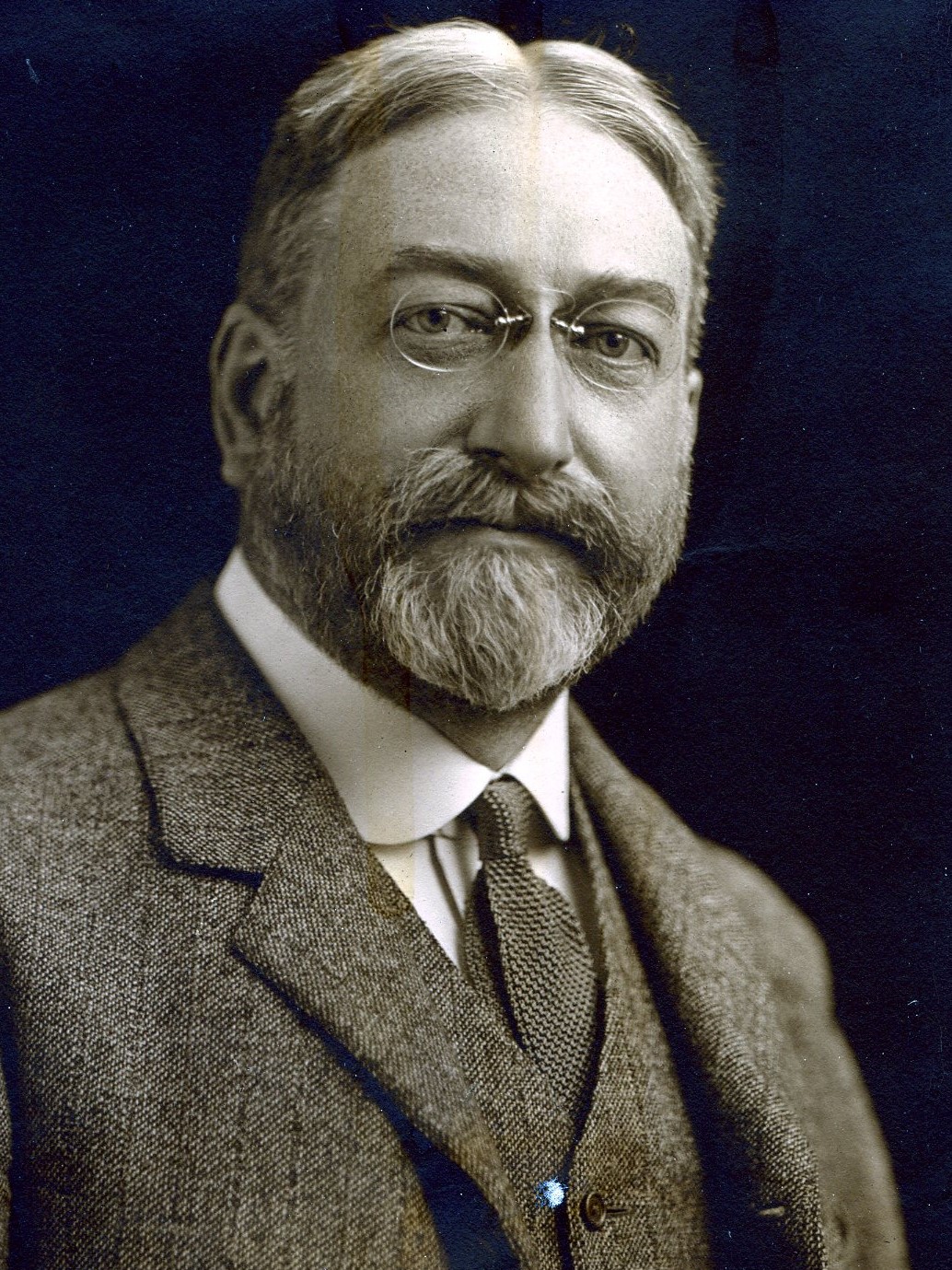
Century Memorials
John Bassett Moore. [Born] 1860.
He was the most eminent international lawyer of his time; an Assistant Secretary of State of the United States at the age of twenty-six; for thirty-three years Professor of International Law and Diplomacy in Columbia University; again an Assistant Secretary of State in 1898 to serve as Secretary and Counsel to the Commission to negotiate peace with Spain. Six Centurion Presidents of the United States [Cleveland, T. Roosevelt, Taft, Wilson, Hoover, and F. D. Roosevelt] consulted him upon questions of international relations. He was a Member of the Permanent Court of Arbitration at the Hague and, although the United States was not a member of the League of Nations, was one of the first judges of its Permanent Court of International Justice.
Since he died it has been objected that “in his later years there was a certain note of acidly uncomprehending dismay in Mr. Moore’s reactions to the events about him.” His acidity he never lost, thank God! but “uncomprehending dismay,” I doubt he ever had; of which I summon the following statements as witness: The Kellogg Pact is, he said, “a wise and reassuring declaration that when two nations fall out and fight both may plead self-defence”—which, as everybody knows now, is exactly what happened; but Judge Moore said it before it had happened.
And in 1935, he wrote: “The other day, when someone asked me what the ‘new neutrality’ meant, I replied that, as its limitations appeared to be wholly emotional, it perhaps might be best defined in the terms for the ‘new chastity’ which encouraged fornication in the hope that it might reach the stage of legalized prostitution.” And that too is what happened to the new neutrality.
He influenced the formation and practice of international law and diplomacy not only through his activities in public life, but also through his mighty scholarly work.
He is remembered as a companionable man. His free sharing of his profound learning which he carried lightly, his reminiscences of the public men of his time, and his gift for story-telling have left many happy memories. He was a Centurion for fifty-five years.
Source: Henry Allen Moe Papers, Mss.B.M722. Reproduced by permission of American Philosophical Society Library & Museum, Philadelphia
Henry Allen Moe
Henry Allen Moe Papers, 1947 Memorials
Moore was an authority on international law who was a member of the Hague Tribunal and the first U.S. judge to serve on the Permanent Court of International Justice.
He was born in Delaware and graduated from the University of Virginia in 1880. In 1891, he took the first full professorship of international law at Columbia, staying there until 1924. While at Columbia, Moore was frequently granted leaves of absence to accept appointments in the public interest. For part of 1898 he served as Assistant Secretary and Acting Secretary of State, and after the close of the war with Spain was secretary and council to the American Peace Commission at Paris.
In 1901, he served as professor of International Law at the United States Naval War College. Subsequently Moore represented the government as agent before the U.S. and Dominican Arbitration Tribunal (1904), as delegate to the Fourth International American Conference at Buenos Aires and special plenipotentiary to the Chilean centenary (both 1910), and as delegate to the International Commission of Jurists at Rio de Janeiro (1912). He was on the Hague Tribunal from 1912 to 1938, and the International Court from 1921 to 1928.
Moore was a proponent of neutrality, believing that the post–World War I system of alliances would tend to broaden wars into global conflicts. Moore died in 1947, a member of the Century since 1892.
James Charlton
“Centurions on Stamps,” Part I (Exhibition, 2010)
Related Members
Member Directory Home-
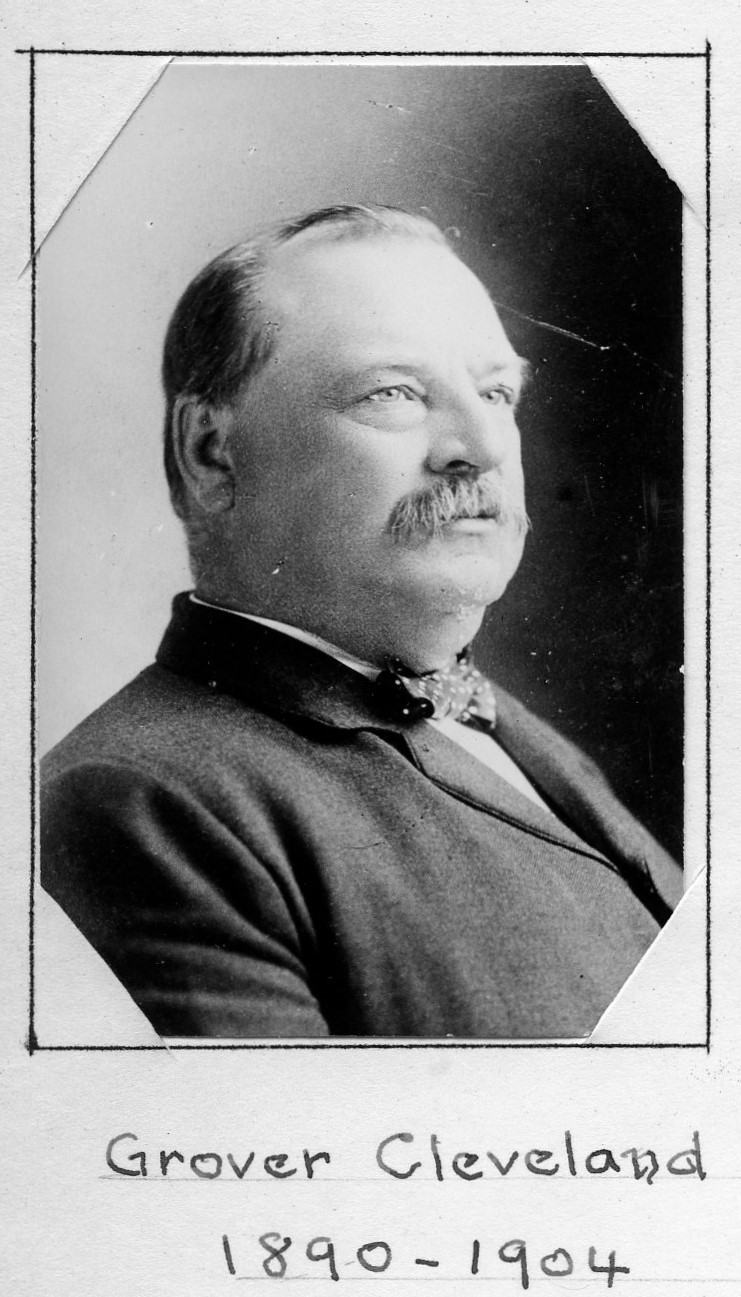 Grover ClevelandU.S. President/Governor of New YorkCenturion, 1890–1904
Grover ClevelandU.S. President/Governor of New YorkCenturion, 1890–1904 -
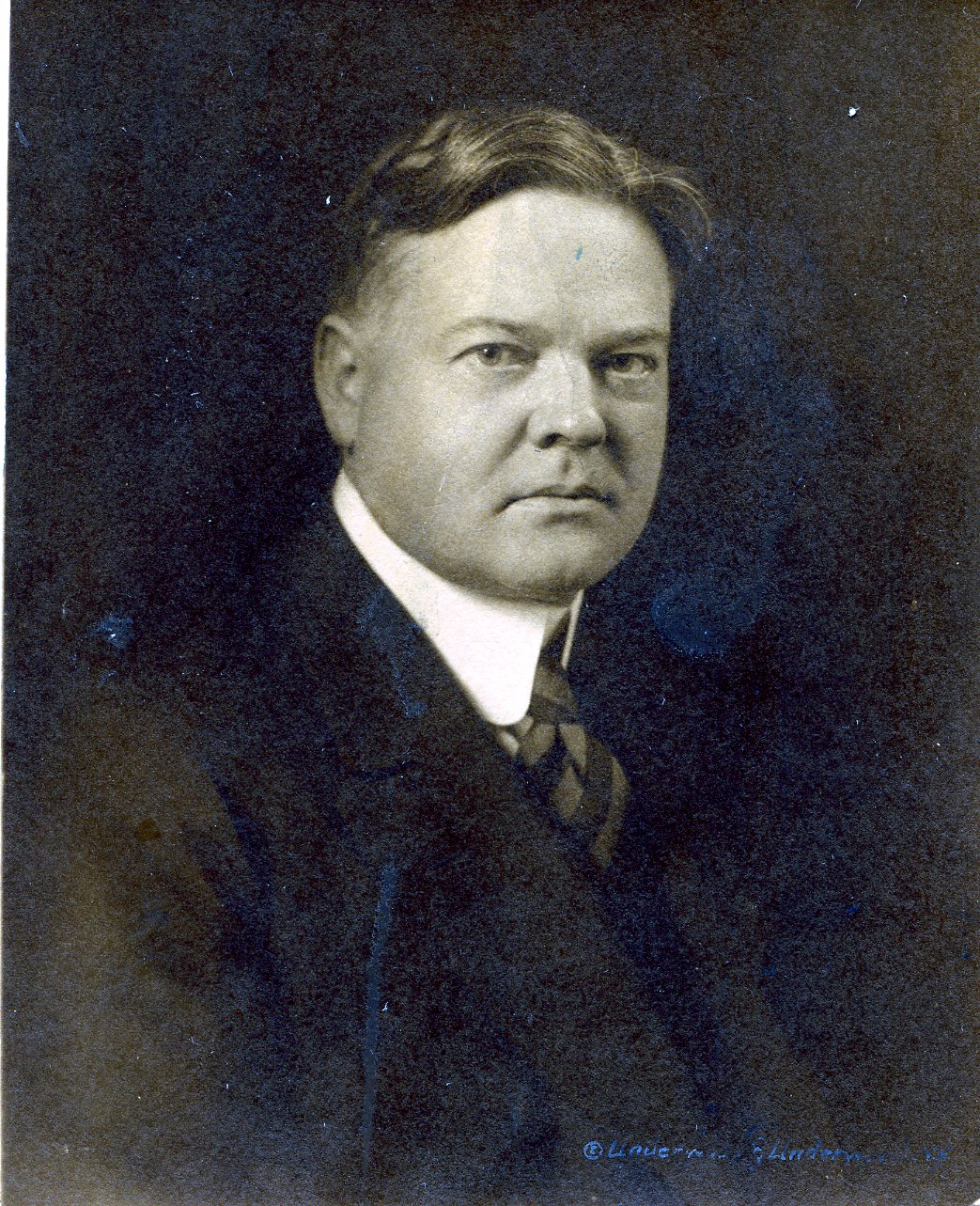 Herbert HooverU.S. Food Administrator/U.S. PresidentCenturion, 1919–1964
Herbert HooverU.S. Food Administrator/U.S. PresidentCenturion, 1919–1964 -
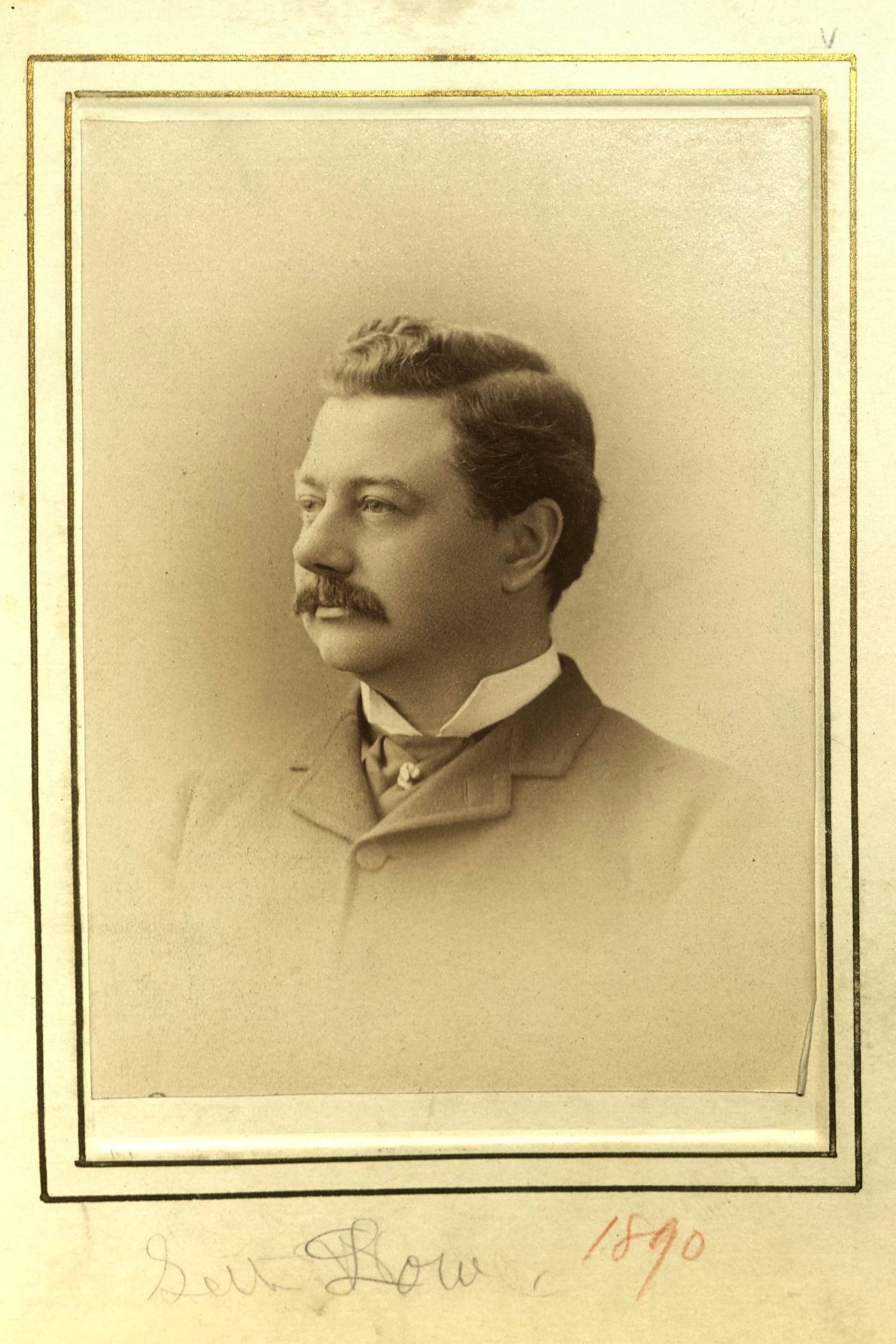 Seth LowMayor of Brooklyn and New York City/University PresidentCenturion, 1890–1916
Seth LowMayor of Brooklyn and New York City/University PresidentCenturion, 1890–1916 -
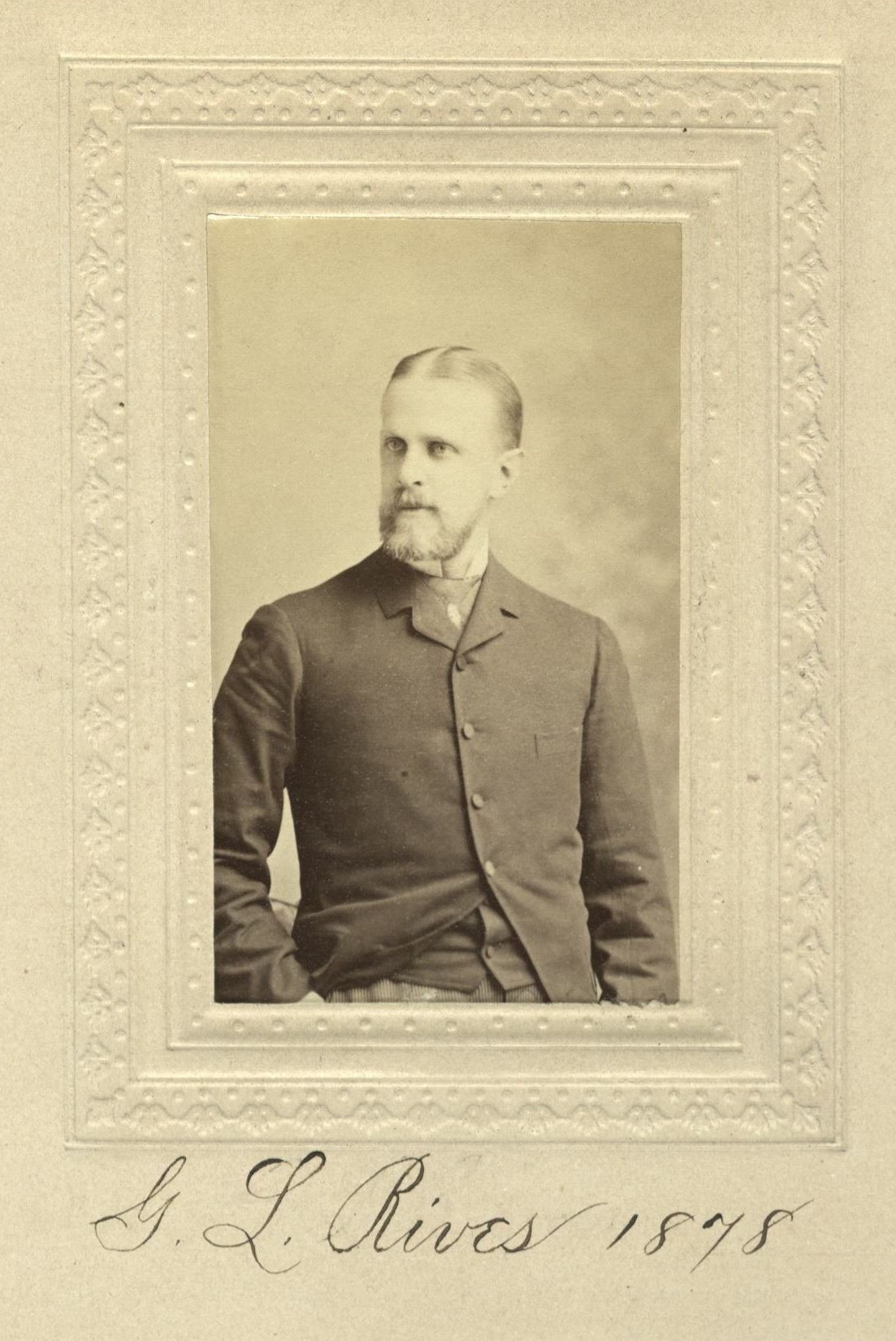 George L. RivesLawyer/Government OfficialCenturion, 1878–1917
George L. RivesLawyer/Government OfficialCenturion, 1878–1917 -
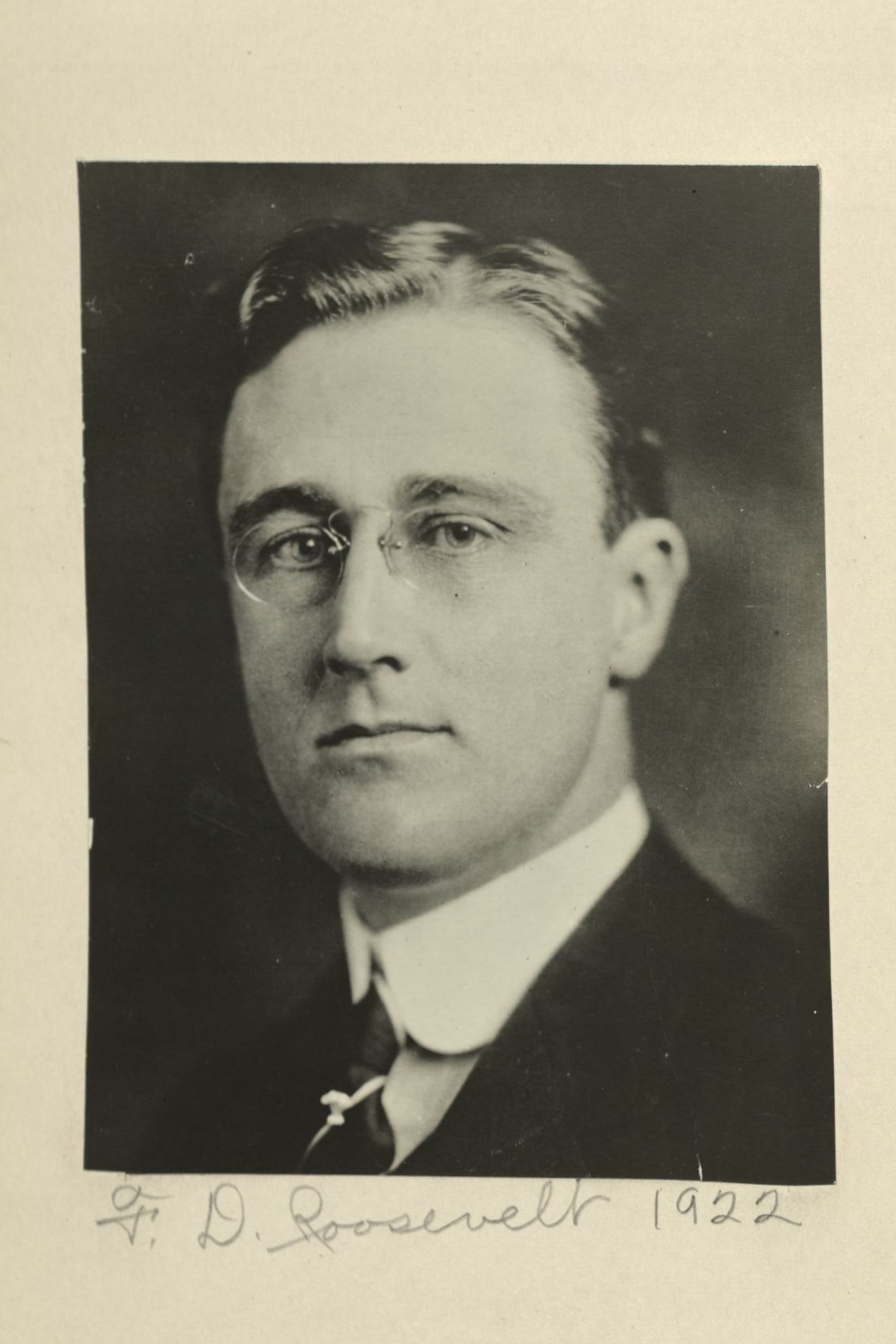 Franklin D. RooseveltLawyer/Governor of New York/U.S. PresidentCenturion, 1922–1945
Franklin D. RooseveltLawyer/Governor of New York/U.S. PresidentCenturion, 1922–1945 -
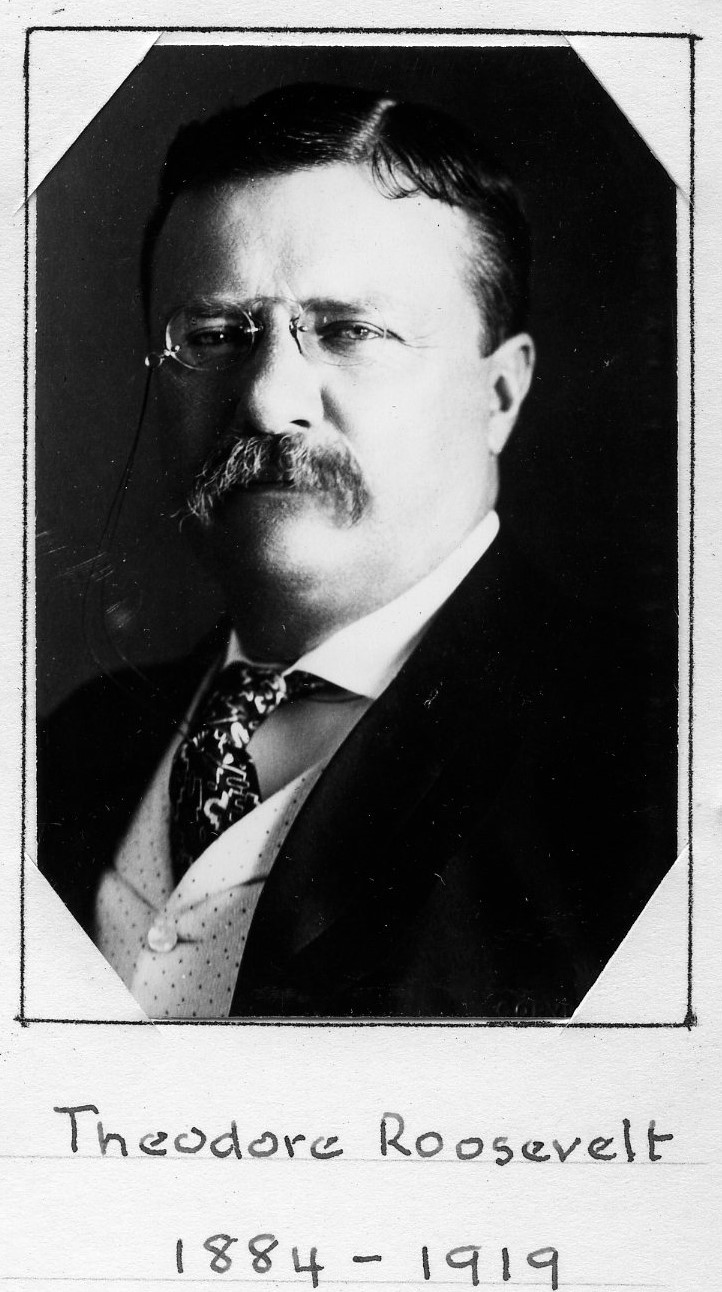 Theodore RooseveltLawyer/Governor of New York/U.S. PresidentCenturion, 1884–1919
Theodore RooseveltLawyer/Governor of New York/U.S. PresidentCenturion, 1884–1919 -
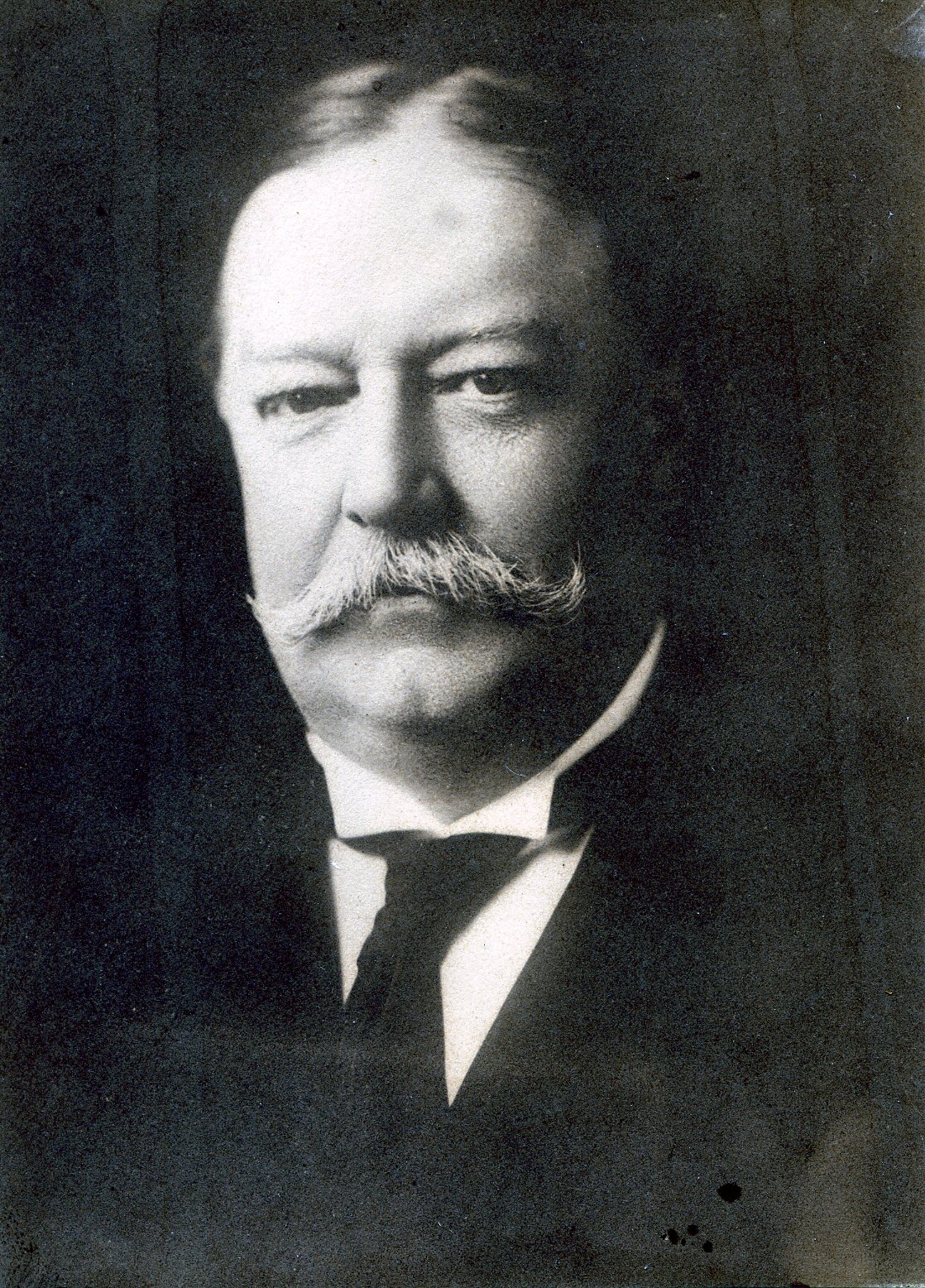 William Howard TaftProfessor, Yale University/U.S. President/Chief Justice of the United StatesCenturion, 1913–1930
William Howard TaftProfessor, Yale University/U.S. President/Chief Justice of the United StatesCenturion, 1913–1930 -
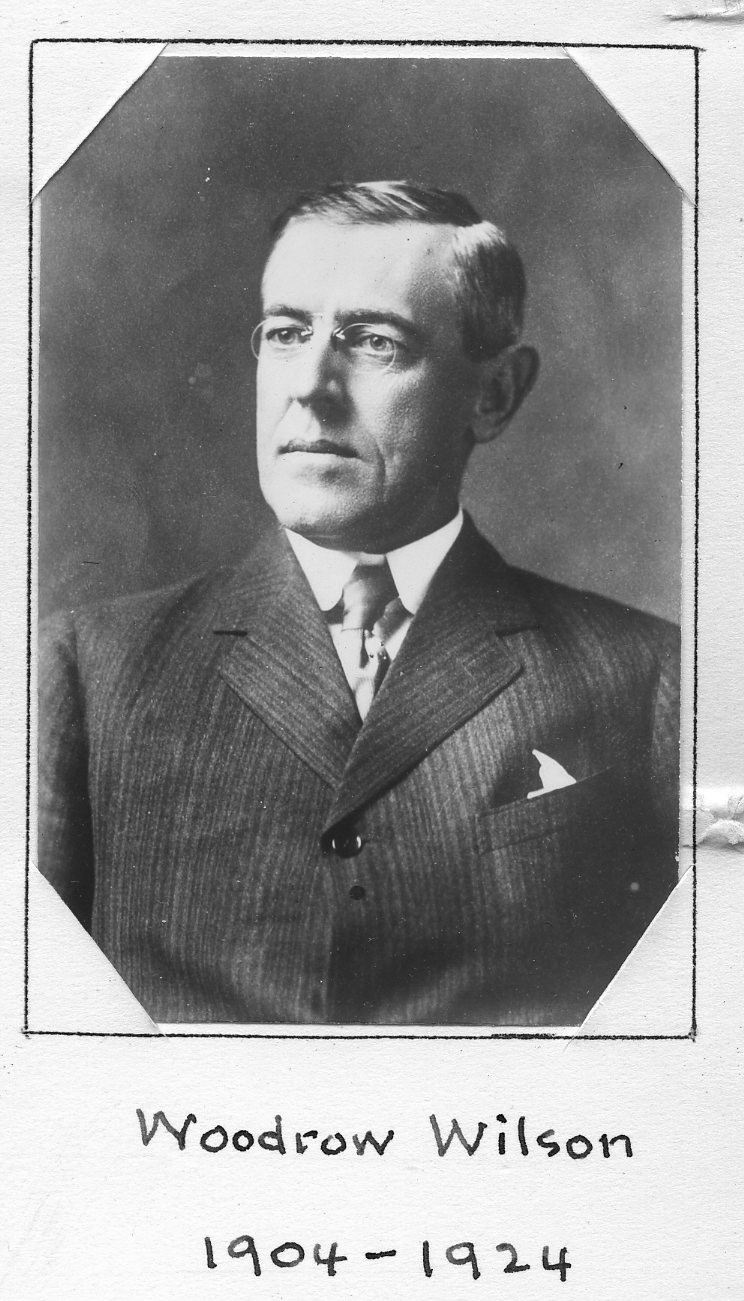 Woodrow WilsonPresident, Princeton University/Governor of New Jersey/U.S. PresidentCenturion, 1904–1924
Woodrow WilsonPresident, Princeton University/Governor of New Jersey/U.S. PresidentCenturion, 1904–1924








